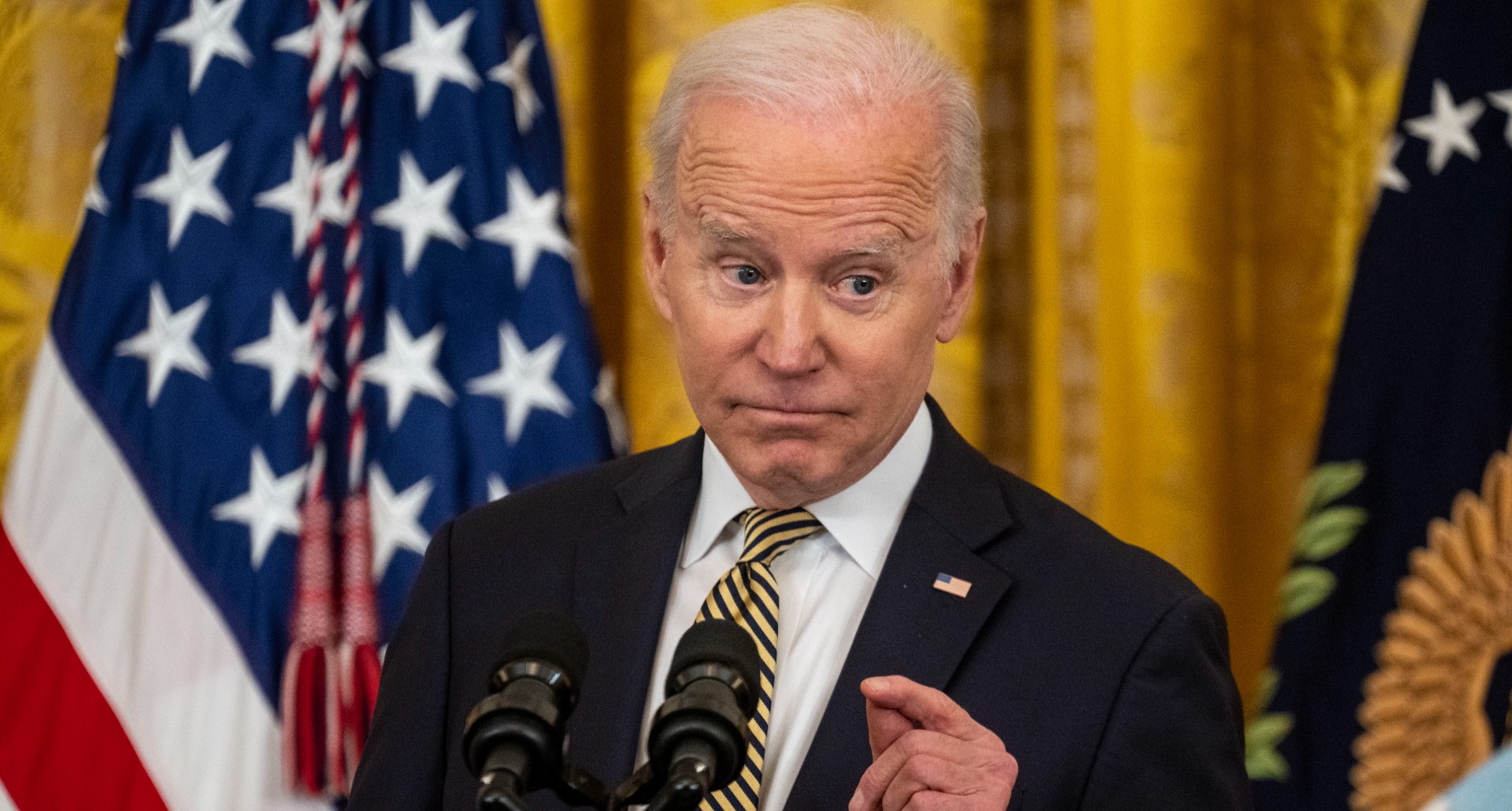OPINION: This article may contain commentary which reflects the author's opinion.
President Joe Biden and Democrats are getting a lot of heat over the state of the economy after being in charge of Congress and policymaking for nearly two years.
In fact, economic issues are the number one concern among a majority of Americans heading into the midterms, according to several recent polls.
With record-high inflation affecting gasoline, food, energy, and housing prices, Biden’s White House is considering a major shakeup to his economic team following the November elections, and that will begin with replacing Treasury Secretary Janet Yellen, according to Axios.
“While her potential departure would give Biden an opportunity to respond to public concern over his handling of the economy, it would also create an immediate political headache: finding a successor who can be confirmed by the Senate,” the outlet reported, adding:
The process is in the early stages and a decision on Yellen, or any Cabinet replacement, has not been made. Multiple sources stressed the outcome of November’s election, including who controls the Senate, will factor into whether she stays.
Yellen will also have some say in her fate, and with the world’s economy teetering, there could be a convincing case for her to stay.
In addition to Yellen, officials are also considering the possibility that Brian Deese, the director of the National Economic Council, will leave early next year.
Treasury Secretary Janet Yellen ‘preparing to depart White House after midterms’
Biden cabinet facing massive departure amid criticism over handling of inflation and voters saying the economy is their top priority
— ActLocallyWithCompassion (@EverMama8) September 29, 2022
If Deese leaves, that gives Gene Sperling — currently coordinating the implementation of the $1.9 trillion American Rescue Plan — an opportunity to become NEC director for an unprecedented third time after he held the position during the Clinton and Obama administrations, the outlet continued.
Also, Axios noted, Cecilia Rouse, who is currently heading up the White House’s Council of Economic Advisers, is likely to return to her academic position next spring, which will open yet another Cabinet-level position dealing with the economy.
The outlet went on to say that, according to sources, Yellen has upset the White House on several occasions when she disagreed with political messaging on the economy, such as when Biden and other administration officials were blaming inflation on ‘greedy’ corporations, as well as Biden’s decision recently to forgive student loan debt — which is being challenged in court.
Also, she has made some public blunders as well, such as admitting earlier this year she was “wrong” about rising inflation and last year when she claimed that it would be a “plus” if the Federal Reserve would raise interest rates, which it has been doing in recent months to combat inflation.
The White House pushed back on the Axios report, however.
“While we are prudently planning for potential transitions post-midterm, neither Secretary Yellen or Brian Deese are part of those plans,” White House senior adviser Anita Dunn said in a statement, the outlet reported.
Lily Adams, a Treasury spokesperson, said that Yellen is not making plans to leave the administration.
A White House official told Axios: “Chair Rouse will return to Princeton University at the end of her two-year public service leave, likely early spring 2023.”
According to a recent ABC News/Washington Post survey, Biden gets dismal approval ratings for his handling of the economy, with just 36 percent saying he has done a good job and 57 percent disapproving.
Republicans have been campaigning on so-called “Bidenflation” — the president’s handling of the economy coupled with massive spending packages passed by the Democrat-controlled Congress, which economists have said helped drive the inflation, including those who have worked for Democratic administrations.
Over the summer, Lawrence Summers, who served as Bill Clinton’s secretary of the Treasury and one of Barack Obama’s top economic advisers, warned way back in December 2021 that Biden should start taking the issue of inflation more seriously.
“I cannot understand why so many in Admin & out cling to the idea that inflation is caused by bottlenecks & will soon recede to normal levels. Of course, there is uncertainty but the idea that inflation will revert soon to levels anywhere near Fed’s target looks like a long shot,” Summers noted in a Twitter thread.
